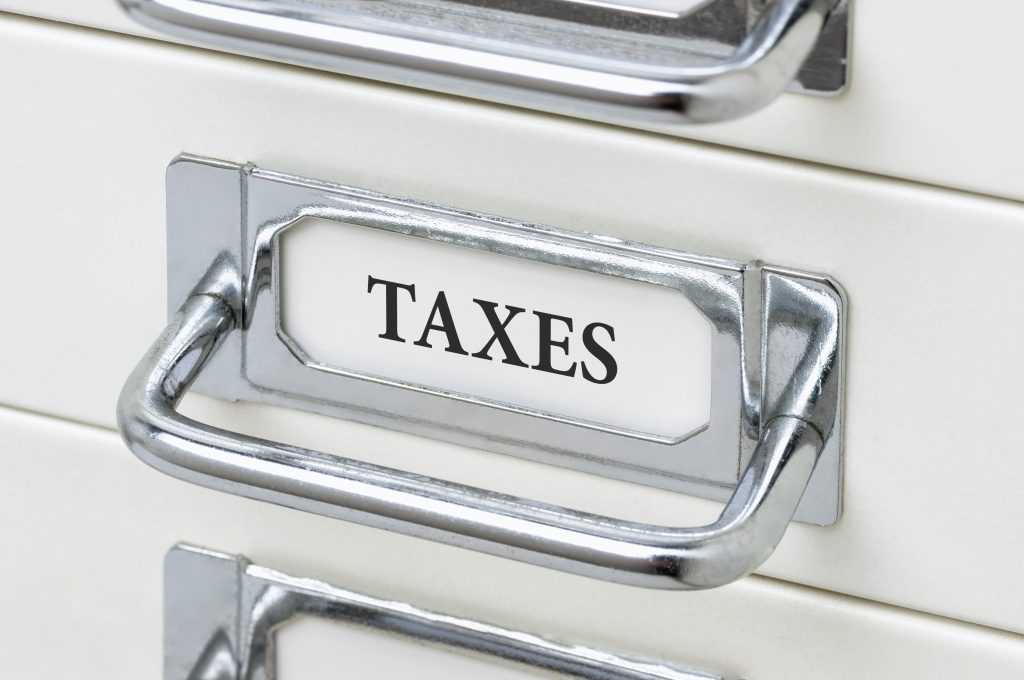How long should you keep your tax records?
Here is a general rundown on how long you should keep certain common tax records and documents.
 One Year
One Year
Keep pay stubs at least until you check them against your W-2s. If all the totals match, you can then shred the pay stubs. Take a similar approach with monthly brokerage statements—you can generally shred them if they match up with your year-end statements and 1099s.
Three Years
You should hold onto documents that support any income, deductions and credits claimed on your tax return for at least three years after the tax-filing deadline. Among other things, this applies to:
- W-2 forms reporting income.
- 1099 forms showing income, capital gains, dividends and interest on investments.
- 1098 forms if you deducted mortgage interest.
- Canceled checks and receipts for charitable contributions.
- Records showing eligible expenses for withdrawals from health savings accounts and 529 college-savings plans; and
- Records showing contributions to a tax-deductible retirement-savings plan, such as a Traditional IRA.
Six Years
The IRS has up to six years to initiate an audit if you’ve neglected to report at least 25% of your income. For self-employed people, who may receive multiple 1099s reporting business income from a variety of sources, it can be easy to miss one or overlook reporting some income. To be on the safe side, they should generally keep their 1099s, their receipts and other records of business expenses for at least six years.
Seven Years
Sometimes your stock picks do not pan out, or you loan money to your deadbeat brother-in-law who cannot pay you back. If that is the case, you might be able to write off any of your worthless securities or bad debts. But make sure you keep related records and documents for at least seven years. That is how much time you must claim a bad debt deduction or a loss from worthless securities.
Ten Years
If you paid taxes to a foreign government, you may be entitled to a credit or deduction on your U.S. tax return—and you get to decide if you want a credit or deduction. If you claimed a deduction for a given year, you can change your mind within 10 years and claim a credit by filing an amended return. You also have 10 years to correct a previously claimed foreign tax credit. For these reasons, save any records or documents related to foreign taxes paid for at least 10 years.
Investments and Property
When it comes to investments and property you own, you will need to save some records at least three years after you sell. For example, you should keep records of contributions to a Roth IRA for three years after the account is depleted. You will need these records to show that you already paid taxes on the contributions and should not be taxed on them again when the money is withdrawn.

 One Year
One Year